SIGCSE 2014 - Call For Participation
CALL FOR PARTICIPATION
SIGCSE 2014
Leveraging Computing to Change Education
The 45th ACM Technical Symposium on
Computer Science Education
March 5 – 8, 2014, Atlanta, Georgia, USA
http://sigcse2014.sigcse.org/
SIGCSE 2014 continues our long tradition of bringing together colleagues from around the world to present papers, panels, posters, special sessions, and workshops, and to discuss computer science education in birds-of-a-feather sessions and informal settings. The SIGCSE Technical Symposium addresses problems common among educators working to develop, implement and/or evaluate computing programs, curricula, and courses. The symposium provides a forum for sharing new ideas for syllabi, laboratories, and other elements of teaching and pedagogy, at all levels of instruction.
Submissions in line with the conference theme, “Leveraging Computing to Change Education,” are encouraged. The theme focuses our attention on how computing influences the way we educate at all levels. This influence includes applications designed to support student learning, the curricular impact of computing, learning research, and the impact of technology in all forms of education. We want to look beyond the conventional computer science education boundaries for connections as well.
PAPERS
Papers describe an educational research project, classroom experience, teaching technique, curricular initiative, or pedagogical tool. Two versions of a submission are required: a full version having author names and affiliations and an anonymous version for use in reviewing. Papers will undergo a blind reviewing process and must not exceed six pages. Authors will have approximately 25 minutes for their presentations, including questions and answers.
PANELS
Panels present multiple perspectives on a specific topic. To allow each panelist sufficient time to present his or her perspective and still enable audience participation, a panel will normally have at most four panelists, including one moderator. Panel submissions should include a list of the panelists, their affiliations, and a description of the topic, with brief position statements from panelists. Proposals with more than four panelists must provide a statement connecting the extra panelist to the effectiveness of the panel and must convincingly show that each panelist will be able to speak, and the audience able to respond, within the session time. Panel abstracts must not exceed two pages. A panel session is approximately 75 minutes.
SPECIAL SESSIONS
Special sessions are your opportunity to customize and experiment with the SIGCSE conference format. Possible special sessions include a seminar on a new topic, a committee report, or a forum on curriculum issues. More generally, they must be 75 minutes in length, held in standard conference spaces, and justifiably distinct from the panel, paper, and poster tracks. Within those constraints, the form is yours to design. Special session abstracts must not exceed two pages.
WORKSHOPS
Workshops offer participants opportunities to learn new techniques and technologies designed to foster education, scholarship, and collaborations. A workshop proposal (including abstract) must not exceed two pages. Proposals must specify equipment needs (e.g., participant-supplied laptops, room configurations, and A/V equipment) and any limitation on the number of participants. Workshops are scheduled for a three-hour session and do not conflict with the technical sessions.
BIRDS OF A FEATHER SESSIONS
Birds of a Feather (BOF) sessions provide an environment for colleagues with similar interests to meet for informal discussions. A maximum one-page description (including abstract) is requested to describe the informal discussion topic. A/V equipment will not be provided for these sessions. Approximately 45 minutes are allocated to each BOF topic.
POSTERS
Posters describe computer science education materials or research, particularly works in progress. Proposals (including abstract) are limited to two pages. Poster demonstrations are scheduled to permit one-on-one discussion with conference attendees, typically during session breaks. Prepared handouts are encouraged in order to share your work.
STUDENT RESEARCH COMPETITION
Research from all areas of computer science is considered for awards in two categories of competition: graduate and undergraduate. All graduate submissions must represent a student's individual research contribution but undergraduate submissions may represent individual or team research contributions. A student must be an ACM student member to qualify for awards and travel grants. Entry due date is September 29, 2013.
Friday, September 6, 2013: Paper, Panel, Special Session, and Workshop submissions
Monday, October 28, 2013: Birds of a Feather and Poster submissions
Symposium Chairs
Haverford College
 Kris Nagel
Kris NagelGeorgia Gwinnett College

Program Chairs
Rochester Institute of Technology

Kurt Eiselt
University of British Columbia

Panels and Special Sessions
Stanford University

Workshops
SUNY Potsdam
 Paul Carter
Paul CarterUniversity of British Columbia

Publications
Southern Illinois University Edwardsville

Database Administrators
Knox College
 Henry Walker
Henry WalkerGrinnell College

Registration
Rose-Hulman Institute of Technology
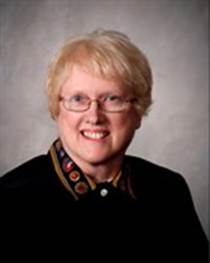 Cary Laxer
Cary LaxerRose-Hulman Institute of Technology
 Larry Merkle
Larry MerkleComputational Optimization Services
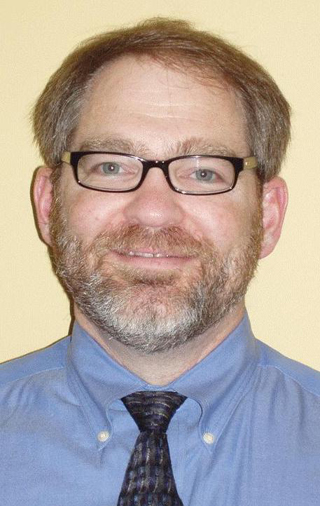
Posters
University of Cincinnati

Birds Of A Feather
Colorado School of Mines
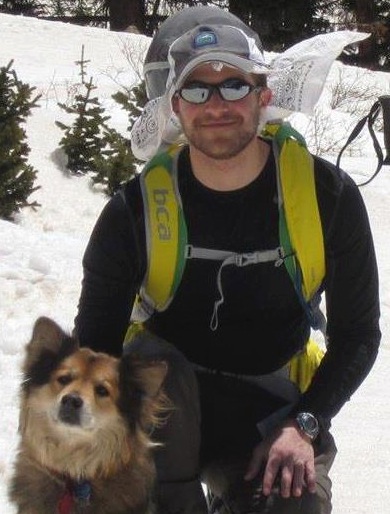
Student Volunteers and Student Activities
University of British Columbia
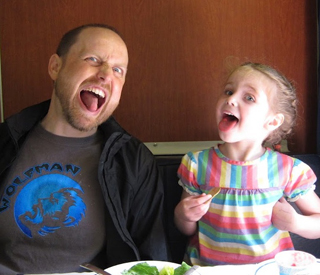 Pam Cutter
Pam CutterKalamazoo College

Webmasters
Centre for Digital Media
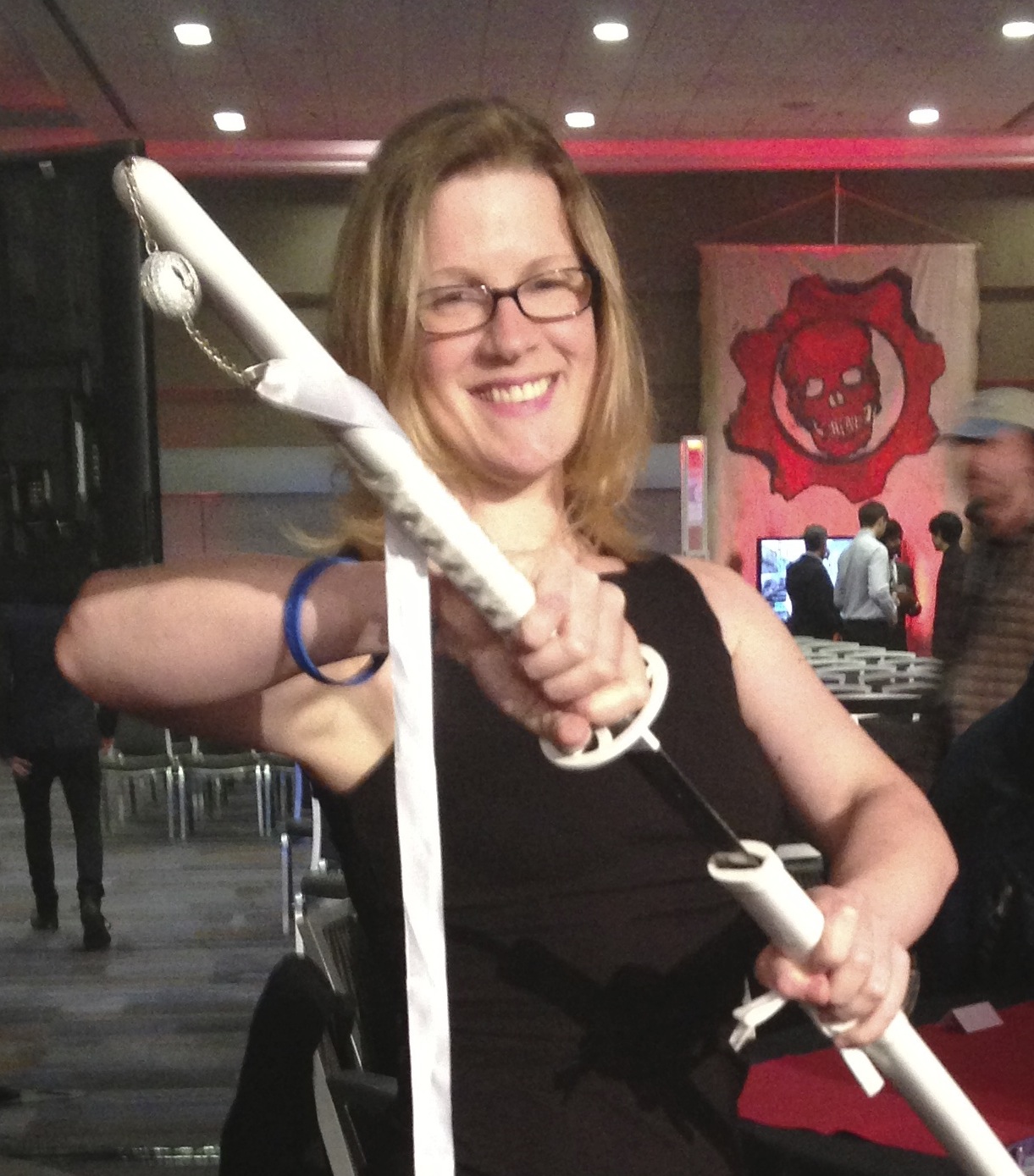 Michael T. Helmick
Michael T. HelmickUniversity of Cincinnati

Publicity/Social Media
Knox College

Treasurer
Longwood University

Evaluations
University at Buffalo

Kids’ Camp
Colorado School of Mines
 Cheryl Seals
Cheryl SealsAuburn University

Support/Exhibitor Liaison
Duke University
 Tom Cortina
Tom CortinaCarnegie Mellon

Pre-Conference Events Liaison
Siena College
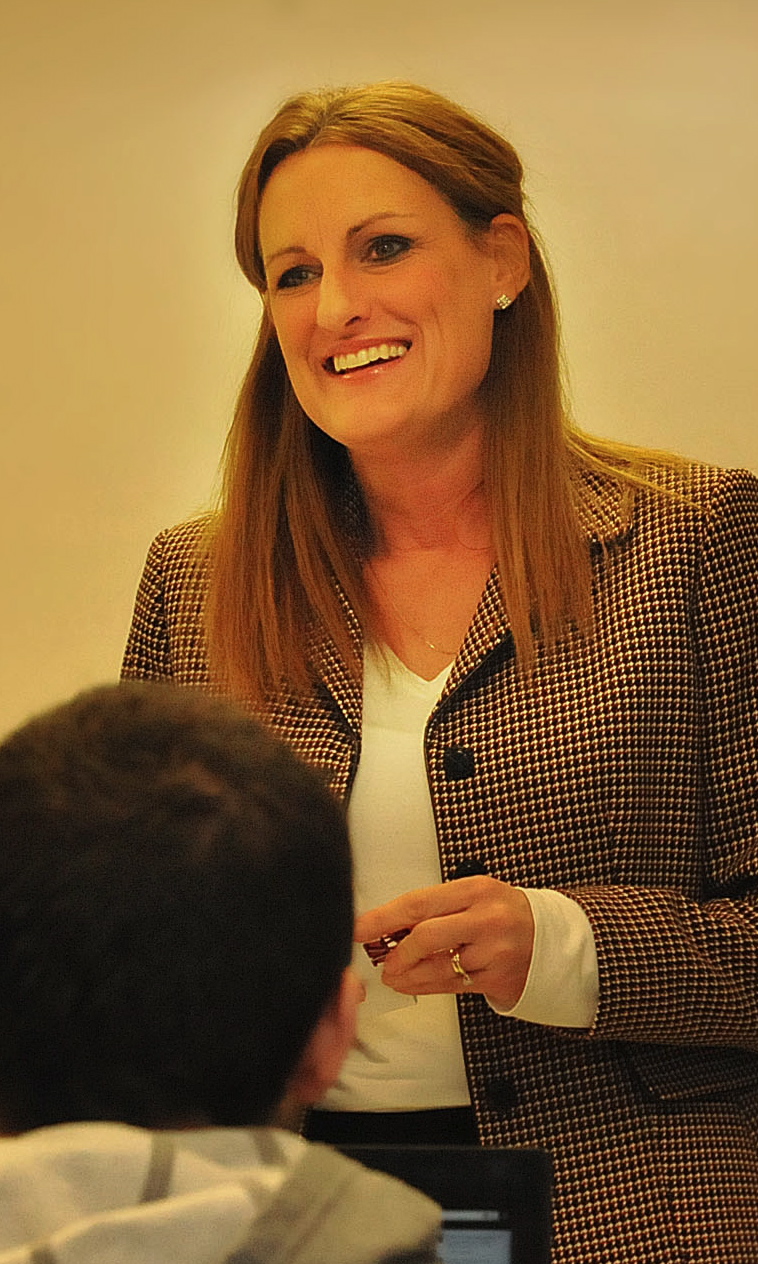
K-12 Liaison
Brookwood High School
 Annemieke Craig
Annemieke CraigDeakin University

Local Arrangements
North Gwinnett High School

Student Research Competition
Miami University (Ohio)

International Committee
- Annemieke Craig (Chair) Deakin University, Australia
- Reyyan Ayfer Bilkent University, Turkey
- Alison Clear Christchurch Polytechnic Institute of Technology, New Zealand
- Claudia Bauzer Madeiros UNICAMP, Brazil
- Yasuto Shirai Shizuoka University, Japan
- Sridhar Iyer Indian Institute of Technology, India
- Gary K. W. Wong The Hong Kong Institute of Education
- Carsten Kleiner Hanover, Germany
- Simon Humphreys Cambridge, UK
- Prof. Judith Gal-Ezer The Open University of Israel
- Dr Karen Bradshaw Rhodes University, South Africa
- Ming Zhang Peking University, China
- Michail Giannakos Norwegian University of Science and Technology
Associate Program Chairs
- Eric Aaron, Vassar College
- Ruth Anderson, University of Washington
- Don Blaheta, Longwood University
- Stephen Edwards, Virginia Tech
- Mary Anne Egan, Sienna College
- Allison Elliott Tew, University of Washington Tacoma
- Dave Levine, St. Bonaventure University
- Sam Rebelsky, Grinnell College
- Ellen Walker, Hiram College
- Steve Wolfman, Univesity of British Columbia